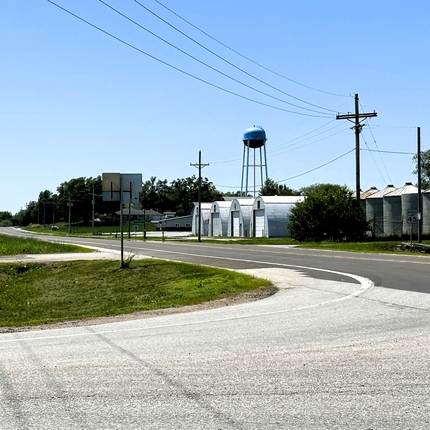Access to reliable, affordable, high-speed internet continues to be a challenge in rural America, and its absence denies residents, industries, and small businesses a vital service.
Without broadband access, rural residents are often excluded from online educational opportunities, the ability to work remotely, and healthcare innovations such as telehealth. Rural small businesses struggle to contend with online competitors enjoying ample cloud computing and lightning-fast broadband speeds. Rural industries, including precision agriculture, are unable to effectively use digital technologies and data analysis to improve planting efficiency and increase crop yields.
Those challenges have not gone unnoticed.
Recently, the U.S. Department of Agriculture Rural Development (USDA-RD) announced an additional $671 million in funding to support access for hundreds of thousands of previously unserved and underserved rural Americans.
The awards are the agency’s fourth round of funding through its ReConnect program, which works to increase access by providing grant and loan funds, with telecommunications companies in some states receiving both. Prairieburg Telephone Company Inc. of Iowa, for example, will receive an equal amount of grant and loan funds totaling nearly $4 million, while Lismore Cooperative Telephone Company of Minnesota will acquire more than $13 million in grant funding and nearly $6 million in loans.
During the past year, the program has awarded $1.44 billion, improving access in service areas encompassing 87,106 rural American households.
Thanks to USDA-RD and the Bipartisan Infrastructure Law, millions in broadband funding is reaching rural communities in 30 states and territories. The ReConnect program is complemented by additional federal funding from projects like the $42.45 billion Broadband Equity, Access, and Deployment program supporting the expansion of high-speed internet access across the country. By providing grants and loans to service providers that will create jobs and expand digital infrastructure, this federal funding directly improves the quality of rural life in the 21st century.





